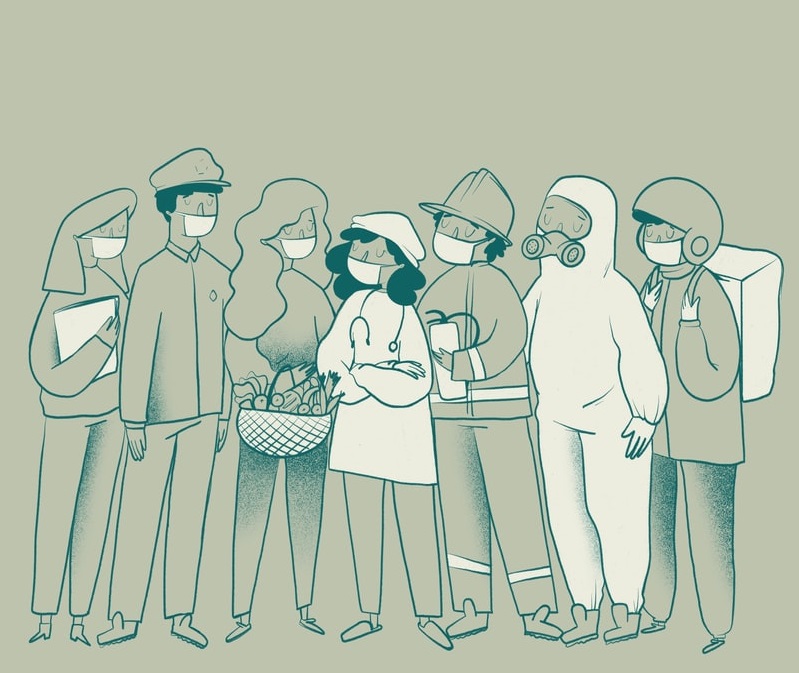Dueling with Depression: Missing the Point

So, I have a question.
Fire away, disembodied voice in my head.
You wrote an article a few months ago about going to metal shows.
Metal shows are amazing!
And I said they were anxiety-inducing nightmares of noise.
Nightmares of amazing, guttural sonic noise!
Anyway. You wrote that if you’re going to a metal show to relieve depression, you’re missing the point.
Indeed. That’s for any concert, not just metal shows.
Can this idea be applied to any activity?
Like what?
If I meditate to relieve my depression, am I missing the point?
I would say yes, indeed you are.
But what if I go to therapy to relieve depression; am I still missing the point?
This doesn’t make a lot of sense, does it?
You’re the writer. You tell me.
Think about it this way. Let’s say you want to hike a fourteener.
Which one?
Mount Elbert.
The tallest mountain in Colorado.
And you start at the trailhead with all the enthusiasm and determination of making it to the summit.
At an elevation of 14,439 feet.
Okay. Stop spewing facts.
It was named after Samuel Elbert.
Hush! Let’s say you start this hike, focused solely on getting to the summit, and never stop for breaks during the hike except to hurriedly eat a sandwich or rest your legs.
Your goal is to reach the summit, after all.
Is the sole purpose of the hike to reach the summit?
Of course.
But if that’s the case, you might not stop to focus on the sweet smell of pine filling your lungs. You might overlook a Monarch butterfly flapping its bright, orange wings at your feet. You might not stop to tilt your head toward the vast, blue sky just to watch a gaggle of bright, white clouds float by in silence.
Clouds travel in gaggles?
All these marvelous events unfolding all around you, just waiting to engage your wonder—ready to add to your hiking experience. Summiting Mount Elbert is certainly the goal, but the point of the hike is to just enjoy the hike!
So, if I meditate to relieve depression rather than to just enjoy the experience of meditation, I’m missing the point.
That’s how self-care works—at least for me. I step outside of the chaos in my head to drink a cup of hot cinnamon tea, not because it’s going to cure anything . . .
But to just enjoy the damn tea.
And then usually I feel better without trying to feel better.
Sounds like living in the now. The method I should use is “live in the present?”
No. No. No. Stop thinking about methods or how to live in the now. Stop thinking about which mountain would be the best mountain to hike. Stop thinking about what kind of therapy would be the best kind of therapy for your mental anguish.
Isn’t that important to know?
I’m not saying it’s not important. I’m only saying that therapy is a chance to confide in someone else who isn’t going to judge you for all the f*cked up sh*t swirling around in your head.
That’s not a pleasant image in my head.
Therapy can provide a very basic need for human connection, something a lot of people don’t have. It’s a chance to chip away at that immense ocean of icy isolation that seems to saturate my life when I’m depressed.
So go to therapy and just enjoy the experience of human connection?
And if you gain a handful of powerful cognitive tools along the way, all the better.
You know, not all therapy sessions are good experiences.
And not all hikes are good hikes. I’ve been hailed on before, golf-ball sized hail that left large, red welts on my arms. I had to sprint along the trail for shelter, diving under a rocky outcrop in a maelstrom of lighting, thunder, and hail that covered the forest floor like a blanket of snow.
Sounds like the experience itself would make for a great story.
Now you’re starting to get it!
Photo by Mike Yost
What's Your Reaction?
Greetings. I’m Mike. People call me Mike. I’m just a gay guy trying to be creative before I’m kicked off this spinning, planet-sized spaceship hurdling through the void of space. Writing and photography are the creative outlets I spill my brain into when mental monsters start clawing at the back of my eyes. I only hope these articles provide readers with a few insights I’ve carefully gathered in cupped hands, cracked hands that have dueled for decades with these nebulous shadows that haunt so many lives. Plus, writing is a great way to pass the time on this planet-sized spaceship hurdling through the void of space.










